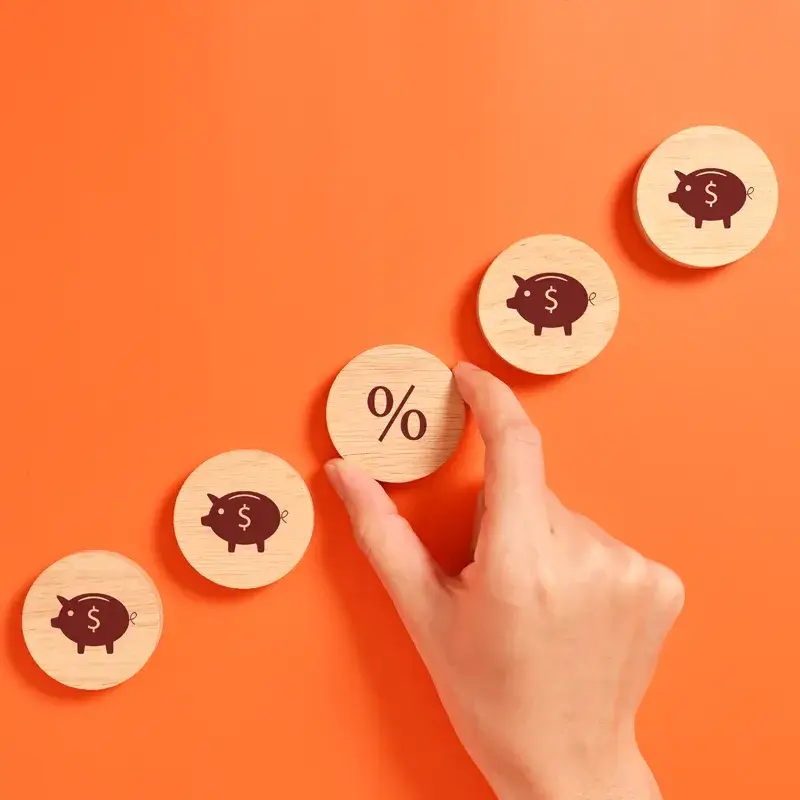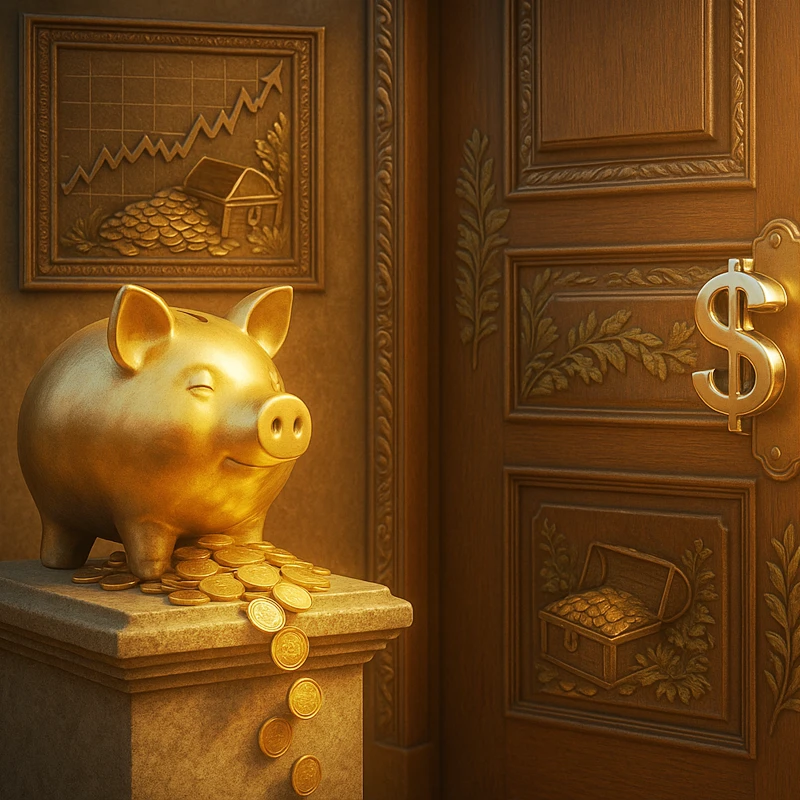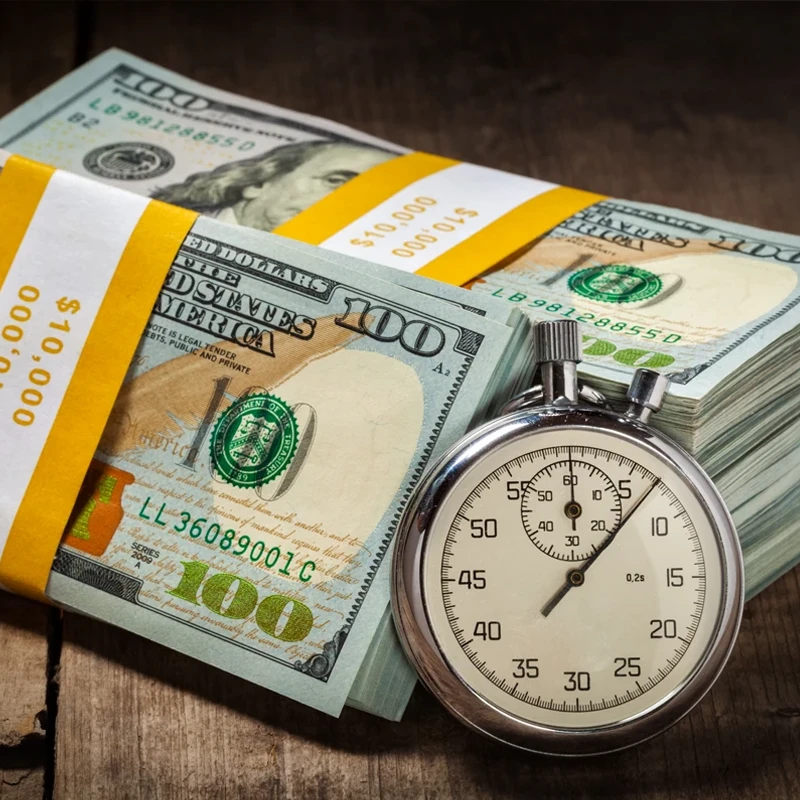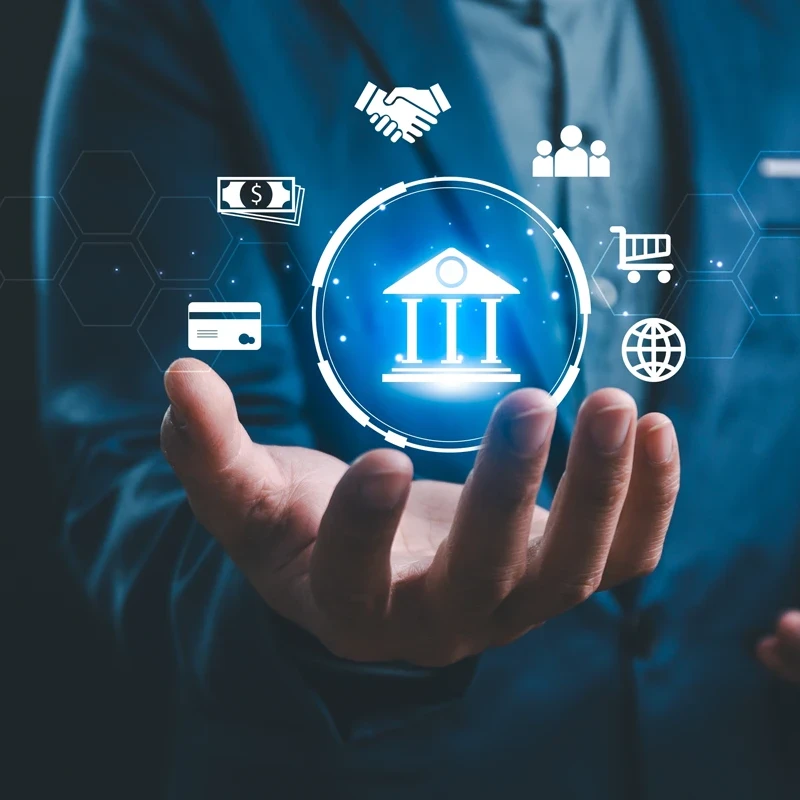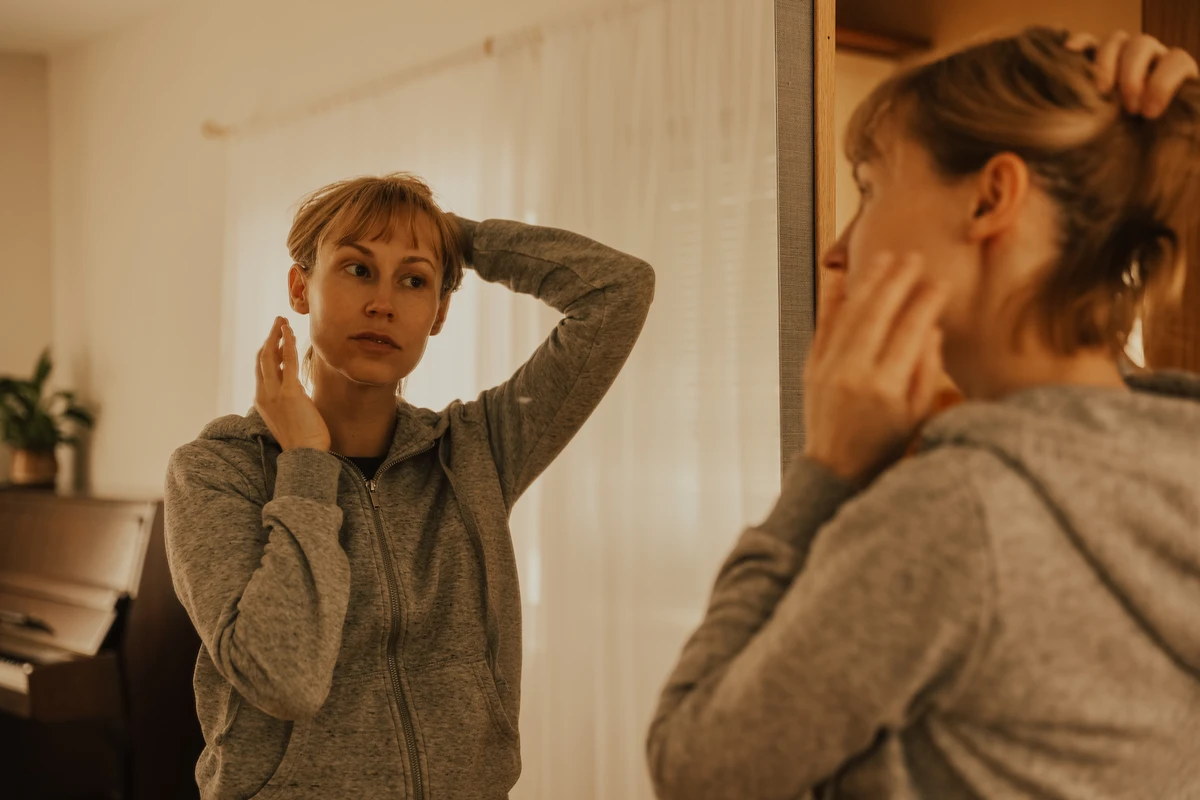You’re scrolling through Instagram when a former classmate pops up—flawless skin, glossy hair, and a caption that reads “just a little self-care 💕.” She’s sipping matcha in a sunlit kitchen, and you’re wondering how she looks so effortlessly polished while you’re still in yesterday’s sweatpants. You glance at your reflection and feel that familiar pang: Am I falling behind?
Welcome to the world of pretty privilege, where looking a certain way can quietly shape your career, your confidence, and your bank account. In 2025, beauty isn’t just aesthetic—it’s economic. And the pretty privilege financial implications are more real than ever. From job interviews to dating apps, from salary negotiations to social media engagement, beauty bias is a silent currency—and many women are paying a premium to keep up.
🧠 What Is Pretty Privilege—and Why It Costs More Than You Think

Pretty privilege refers to the unearned advantages that people perceived as physically attractive receive in society. It’s not just about compliments—it’s about being hired faster, paid more, treated better, and given the benefit of the doubt. The psychological roots lie in the halo effect, where one positive trait (like conventional beauty) leads people to assume other positive traits—intelligence, kindness, competence—even when there’s no evidence.
But here’s the twist: the pretty privilege financial implications go far beyond perception. They shape real-world outcomes:
- Attractive individuals are more likely to be hired and promoted
- They receive higher starting salaries and better performance reviews
- They’re more likely to be offered leadership roles and public-facing opportunities
Meanwhile, those who don’t fit conventional beauty standards often face the horn effect—unfair assumptions of laziness, incompetence, or poor hygiene. These biases don’t just hurt feelings—they hurt earning potential.
💸 The Financial Cost of Chasing Beauty
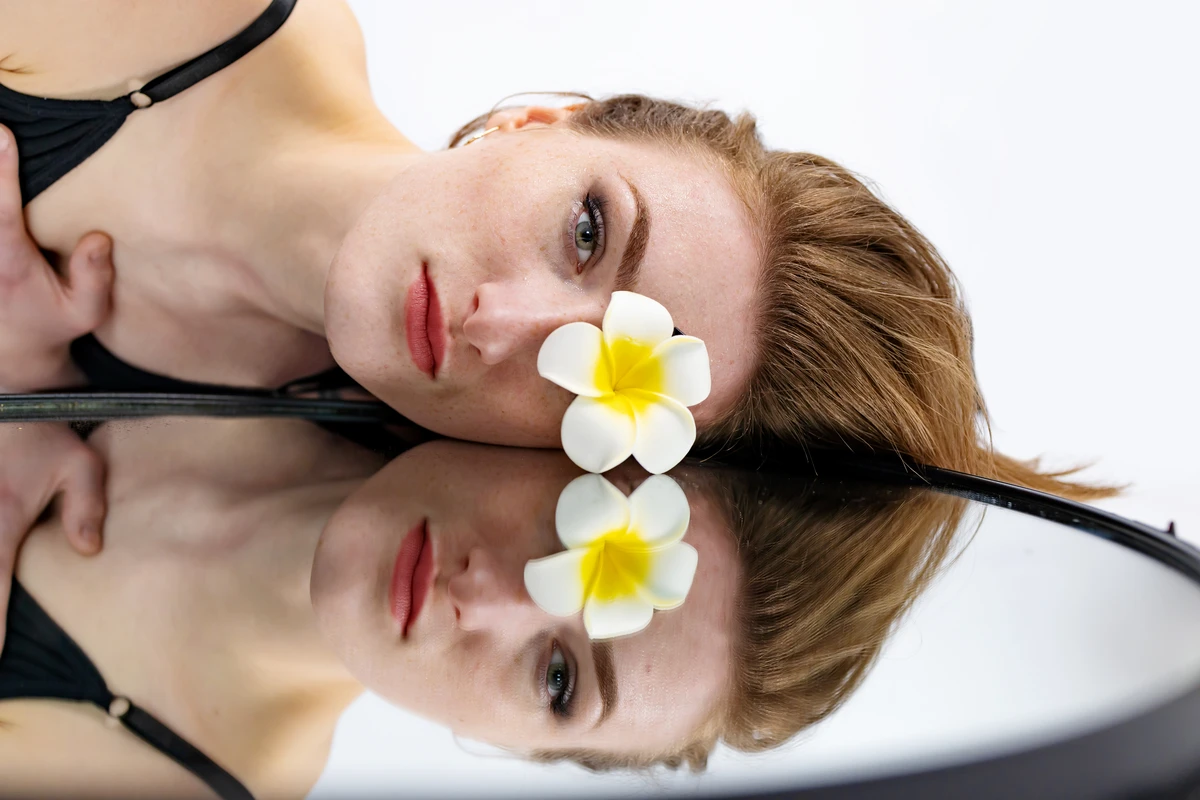
Let’s talk numbers. According to Marie Claire UK, women are spending more than ever on beauty in 2025. From skincare to injectables, the pursuit of perfection is a multi-billion-dollar industry. And the pretty privilege financial implications are baked into every purchase.
Here’s what the average woman might spend annually:
- Skincare: $1,200
- Haircare: $900
- Makeup: $1,000
- Aesthetic treatments (Botox, fillers, facials): $2,500+
- Fitness memberships and wellness products: $1,800
- Clothing and accessories to “look polished”: $2,000+
That’s over $9,000 a year—not including plastic surgery, which can range from $5,000 to $20,000 per procedure. And many women feel this isn’t optional. They’re told—explicitly or implicitly—that looking “put together” is a prerequisite for being taken seriously.
The pretty privilege financial implications show up in subtle ways:
- Spending more to appear “professional” in the workplace
- Investing in beauty to feel confident enough to negotiate a raise
- Buying products to match the aesthetic of influencers who seem to “have it all”
This isn’t vanity—it’s survival in a system that rewards appearance over authenticity.
😩 The Emotional Toll of Beauty Bias

Beyond the bank account, chasing beauty takes a toll on the soul. Women report feeling:
- Insecure in professional settings
- Pressured to look younger, thinner, smoother
- Guilty for spending money on appearance—but also guilty for not
- Exhausted by the constant maintenance
- Disconnected from their authentic selves
Social media amplifies this pressure. Filters, retouching, and curated feeds create a false reality where everyone seems effortlessly beautiful. And when you don’t measure up, it’s easy to internalize the failure.
The pretty privilege financial implications aren’t just about what you spend—they’re about what you sacrifice. Time. Energy. Joy. And often, self-worth.
As one woman told Marie Claire UK:
“If I didn’t buy so much, I’d save for a house. But I feel like I have to look a certain way just to be taken seriously.”
This is the emotional math women do every day. And it’s exhausting.
🧬 The Roots of Insecurity: Why We Chase Someone Else’s Image
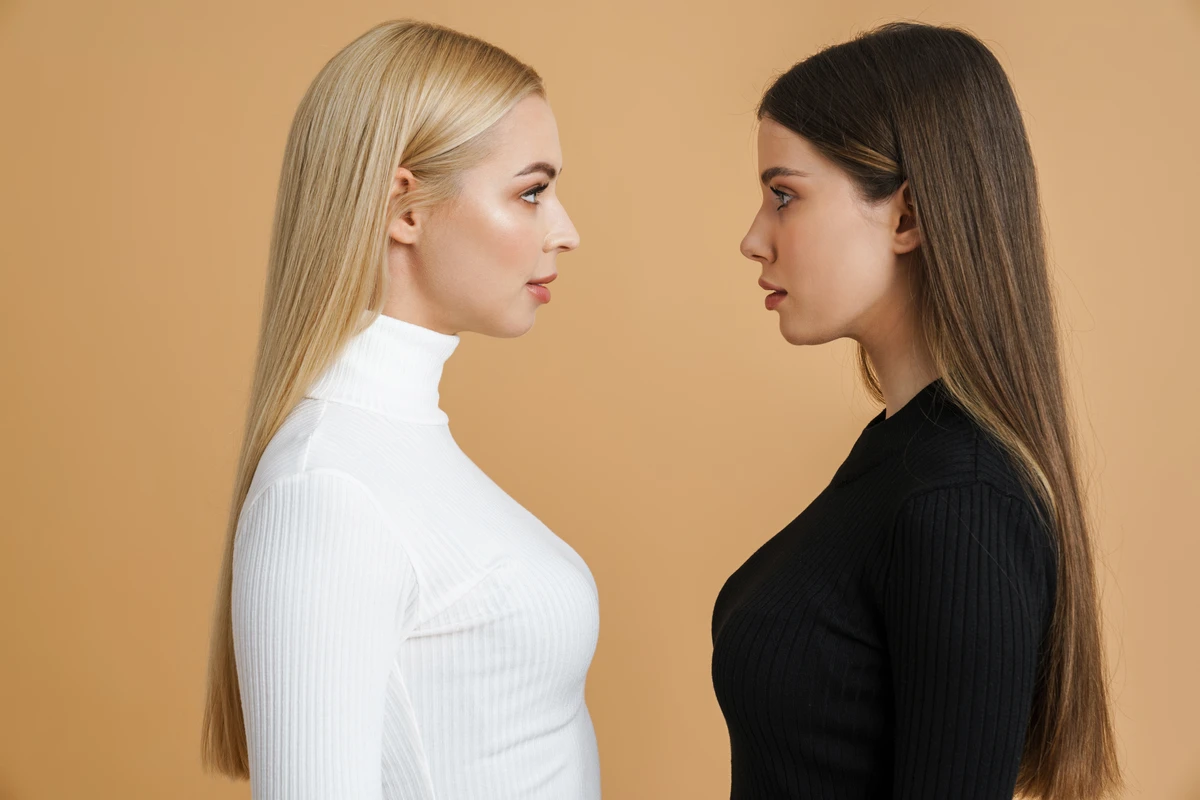
From childhood, girls are taught that beauty equals value. Compliments focus on appearance. The media glorifies thinness, symmetry, and youth. And social platforms reward the most polished, filtered versions of reality.
This conditioning leads to:
- Comparing instead of celebrating
- Performing instead of expressing
- Consuming instead of creating
Women begin to chase someone else’s image—an influencer, a celebrity, even a coworker—believing that if they can just look like her, they’ll finally feel enough.
But here’s the truth: chasing someone else’s glow will never light your own path. And the pretty privilege financial implications of this chase are steep—emotionally and economically.
📊 The Socioeconomic Impact of Pretty Privilege
According to Psychology Today, the pretty privilege financial implications extend into hiring, promotions, and even legal outcomes. Attractive individuals are more likely to be:
- Hired for high-paying roles
- Promoted faster
- Given leadership opportunities
- Perceived as more competent—even without evidence
This creates a feedback loop: attractive people get more opportunities, which builds their confidence and experience, which leads to even more success. Meanwhile, those who don’t fit the mold are left behind—not because they lack talent, but because they lack “the look.”
This isn’t just unfair—it’s economically damaging. It reinforces inequality, limits social mobility, and perpetuates a system where beauty is currency—and everyone else pays the price.
💡 Reclaiming Your Worth: Beauty Without the Burnout
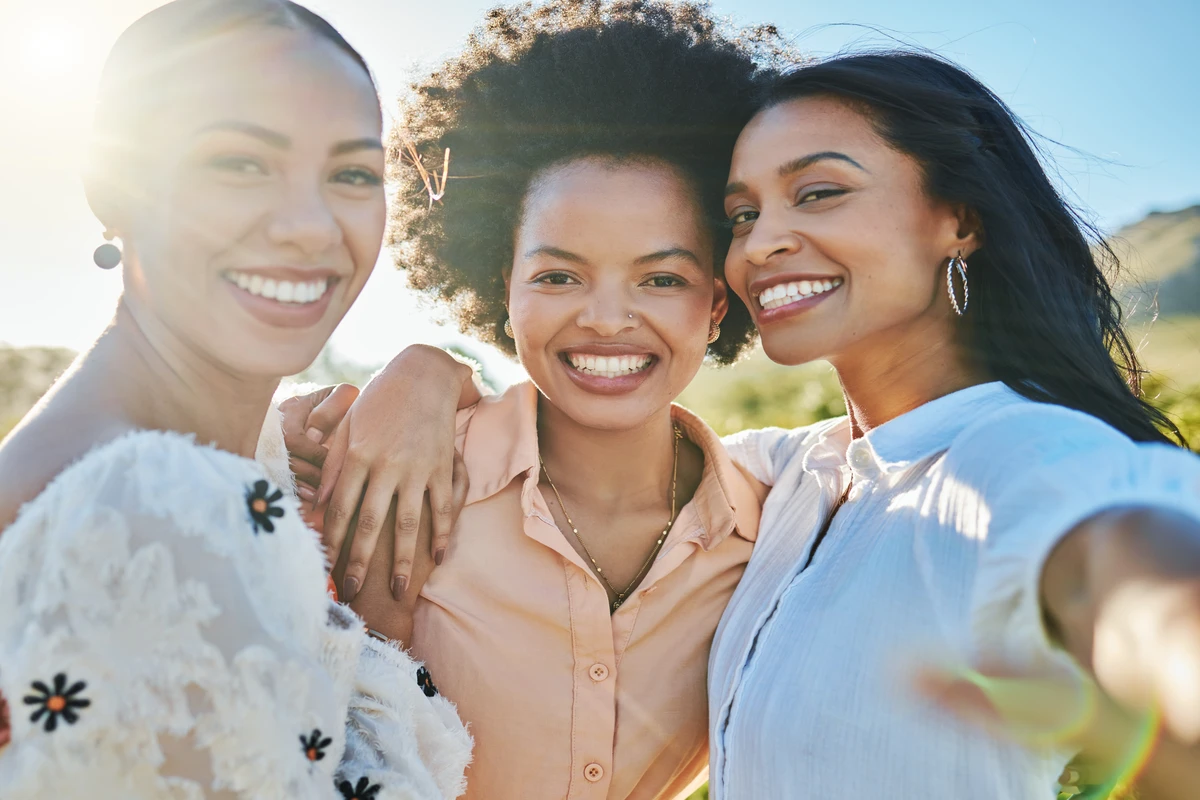
So how do we break the cycle? It starts with redefining beauty—not as a standard to meet, but as a story to tell.
1. ✍️ Audit Your Beauty Spending
Track what you spend on appearance-related products and services. Ask: Is this empowering me—or exhausting me? Reallocate funds toward therapy, education, or experiences that build self-worth. This is how you flip the pretty privilege financial implications in your favor.
2. 🧠 Challenge Your Money Mindset
Are you spending to feel accepted? To feel in control? To feel lovable? Financial therapy can help unpack these patterns and rewrite your money story.
3. 💬 Curate Your Feed
Unfollow accounts that trigger comparison. Follow creators who celebrate authenticity, diversity, and joy. Your digital environment shapes your self-image—and your spending habits.
4. 🧘♀️ Practice Self-Compassion
You are not a product. You are a person. Your worth is not measured in cheekbones or waistlines. Speak to yourself like you would to a friend.
5. 💼 Invest in Skills, Not Just Serums
Want to level up your career? Take a course. Build a portfolio. Network with intention. Your brain is your best beauty asset—and the smartest way to counteract the pretty privilege financial implications.
🧠 Final Thoughts: You Are Not a Price Tag
Pretty privilege is real. But so is your power. You don’t have to bankrupt your soul—or your savings—to be seen. You don’t have to chase someone else’s glow to shine.Because the most magnetic women aren’t the ones who fit the mold—they’re the ones who break it.So next time you feel the pull to spend, scroll, or shrink yourself to fit a standard, pause. Ask: Is this helping me become more of myself—or less?
You deserve to be seen, respected, and valued—not for how you look, but for who you are. And when you choose authenticity over aesthetics, you rewrite the pretty privilege financial implications—on your own terms.
